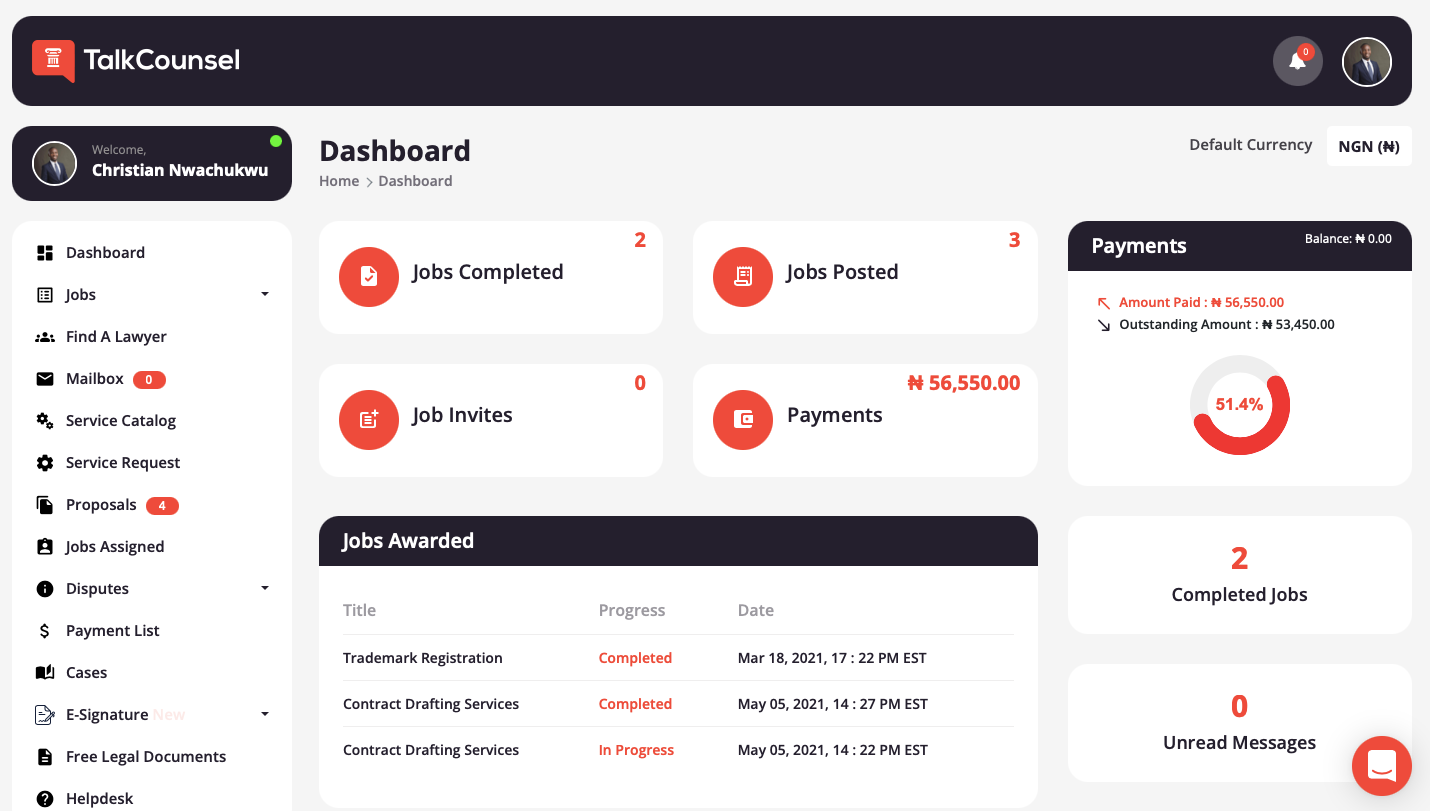Running a business is not easy. There are a lot of things that you need to keep track of, and it can be difficult to know where to start. That’s why it’s important to have a set of agreements in place that will help your business run smoothly.
In this article, we will discuss six agreements that every business should have in place. Having these agreements will help you avoid any legal trouble, and will also help you stay organized and efficient. So without further ado, let’s get started!
1. Non-Disclosure Agreement
A Non-Disclosure Agreement (NDA) is a legal document that is signed by two or more individuals who wish to share confidential information with one another. The purpose of an NDA is to protect both parties from any potential harm that may come from sharing such information.
When entering into a non-disclosure agreement, it is important to remember the following points:
1. Both parties should disclose all information related to the confidential material, including any relevant details.
2. The agreement should be clear and concise, spelling out exactly what information is being shared and what is off-limits.
3. Both parties should sign the agreement and retain a copy for their records.
4. The agreement should specify the time frame in which it will be valid.
To make sure that you are protected from any potential harm, it is important to have a written non-disclosure agreement in place with all parties involved. By having this document signed and dated by both sides, you can rest assured that everyone knows what information has been disclosed and what information has not.
Related: The Top 5 Reasons Businesses Need Lawyers
2. Independent Contractor Agreement
An Independent Contractor Agreement is an agreement between two parties, the contractor and the client, which outlines the work that the contractor will be doing for the client. This type of agreement is often used in business contexts when one party wants to hire someone to do a specific task or project.
The Independent Contractor Agreement should include information about the following:
– The name and contact information of both parties
– The scope of work that the contractor will be doing
– The payment terms
– The timeline for completing the work
– Any applicable warranties or guarantees
– The termination clause
– The governing law
By having a clear and concise Independent Contractor Agreement in place, both parties can avoid any potential misunderstandings or disputes down the road.
3. Employee Handbook
An Employee Handbook is a critical document for any business. It outlines the expectations and rules for employees and can help to prevent disputes and misunderstandings. The following are six agreements that should be included in every Employee Handbook:
a). Harassment Policy: Employees must not harass one another based on protected characteristics such as race, religion, sex, etc.
b). Equal Employment Opportunity Policy: Employees must be treated equally regardless of their protected characteristics.
c). Anti-Discrimination Policy: Employees must not be discriminated against based on their race, religion, sex, etc.
d). Workplace Conduct Policy: Employees must behave appropriately in the workplace and avoid causing disruption or harm to others.
e). Confidentiality Agreement: Employees must keep any confidential information confidential, and may not disclose it to unauthorized individuals.

4. Service Level Agreement
A Service Level Agreement, or SLA, is a contract between a service provider and its customers that outlines the level of service that the provider agrees to provide. This can include things like uptime guarantees, response times, and service levels.
SLAs are important because they help to ensure that both the customer and the service provider know what to expect from each other. They can also help to prevent misunderstandings and conflict and can help to ensure that the customer is getting the best possible service.
Related: Why You Should Use A Corporate Entity To Run A Home Based Business
5. Terms of Service
A Terms of Service (TOS) agreement is a legal contract between a website and its users. The TOS agreement lays out the terms and conditions of using the website, including the user’s rights and responsibilities.
All businesses should have a TOS agreement in place. The TOS should be clear and concise, and it should be easy for users to understand. The agreement should include the following:
a). Identification of the parties – who is creating the agreement and who is bound by it?
b). The subject matter of the agreement – what is covered by the TOS?
c). Rights and obligations of the parties – what are the user’s rights and responsibilities?
d). The governing law – which law will govern the agreement?
The TOS should also include a clause that allows the business to change the agreement at any time. This will help protect the business from legal challenges in the future.
When creating a TOS, it is important to consult with an attorney. The attorney can help you draft an agreement that meets your specific needs and protects your business interests.
When using a website, be sure to read the TOS agreement carefully. If you have any questions, contact the business owner or an attorney. By agreeing to the TOS, you are accepting the terms and conditions of using the website.
6. Purchase Order
A purchase order is an agreement between a buyer and a seller, outlining the products or services that will be exchanged. It is typically used in business-to-business transactions and can be used to request quotes, place orders, and track shipments.
There are a few key elements that should be included in every purchase order:
– The buyer’s contact information
– The seller’s contact information
– A description of the products or services being ordered
– The quantity of each product or service being ordered
– The price of each product or service being ordered
– Delivery date(s) and time frame(s)
– Payment terms
– Cancellation policy
Purchase orders can be in paper or electronic form, and they can vary in length depending on the products or services being ordered. It’s important to make sure that all of the relevant information is included so that there are no misunderstandings between the buyer and seller.











